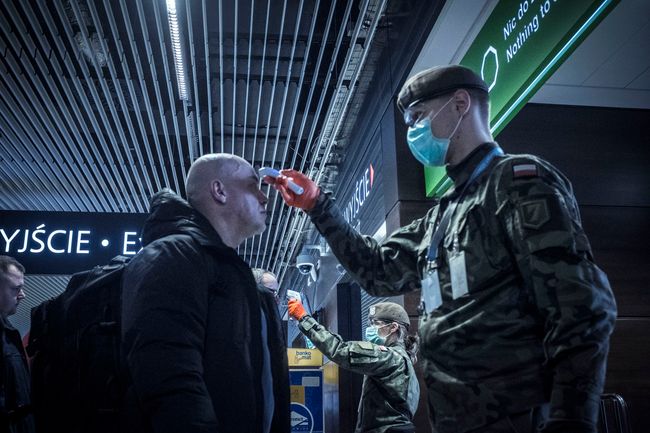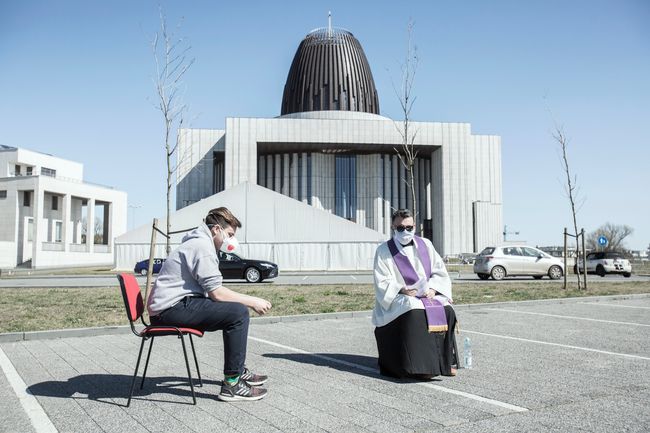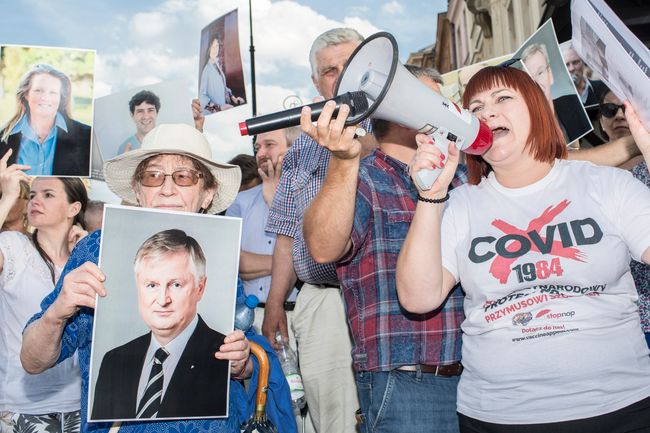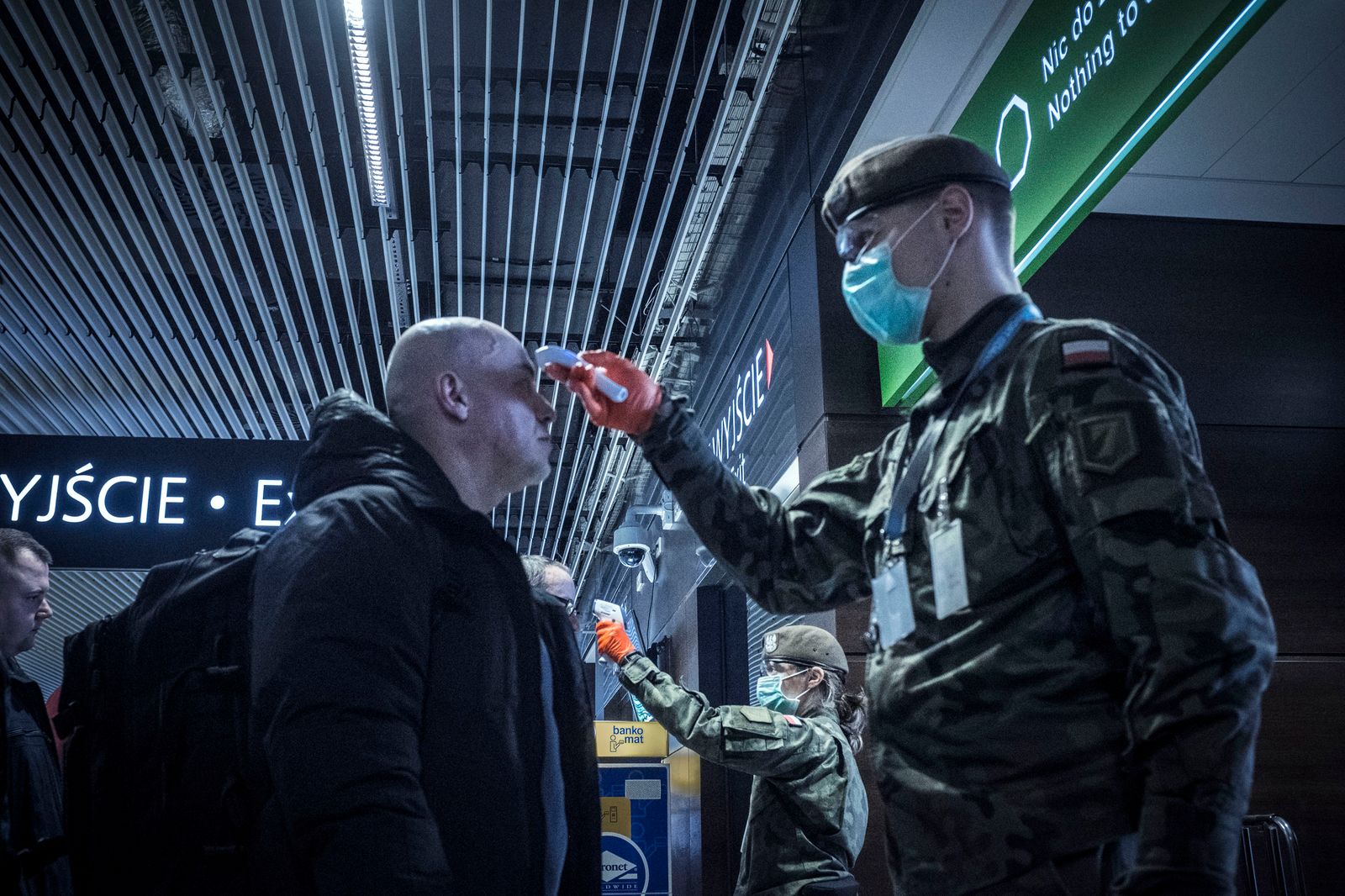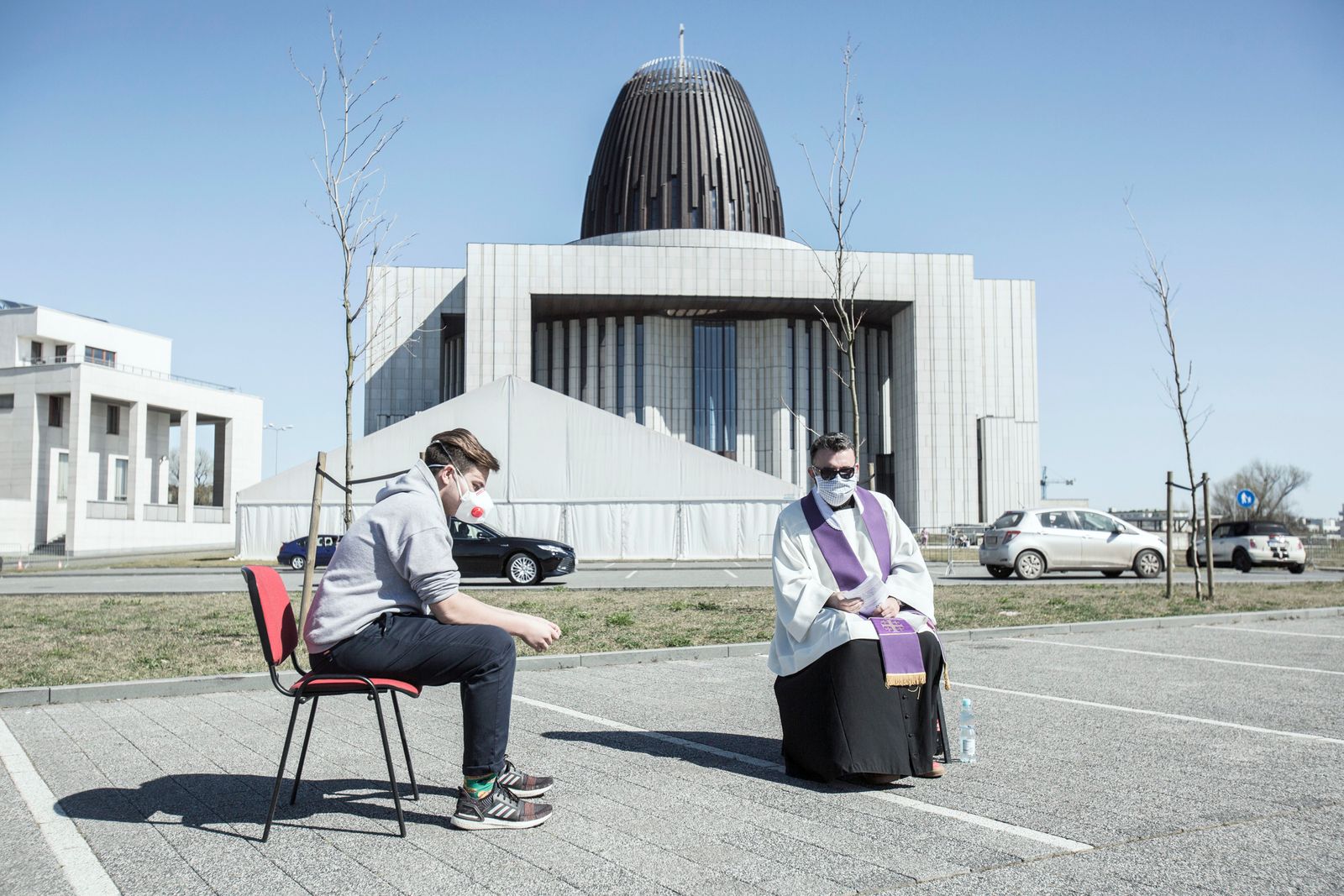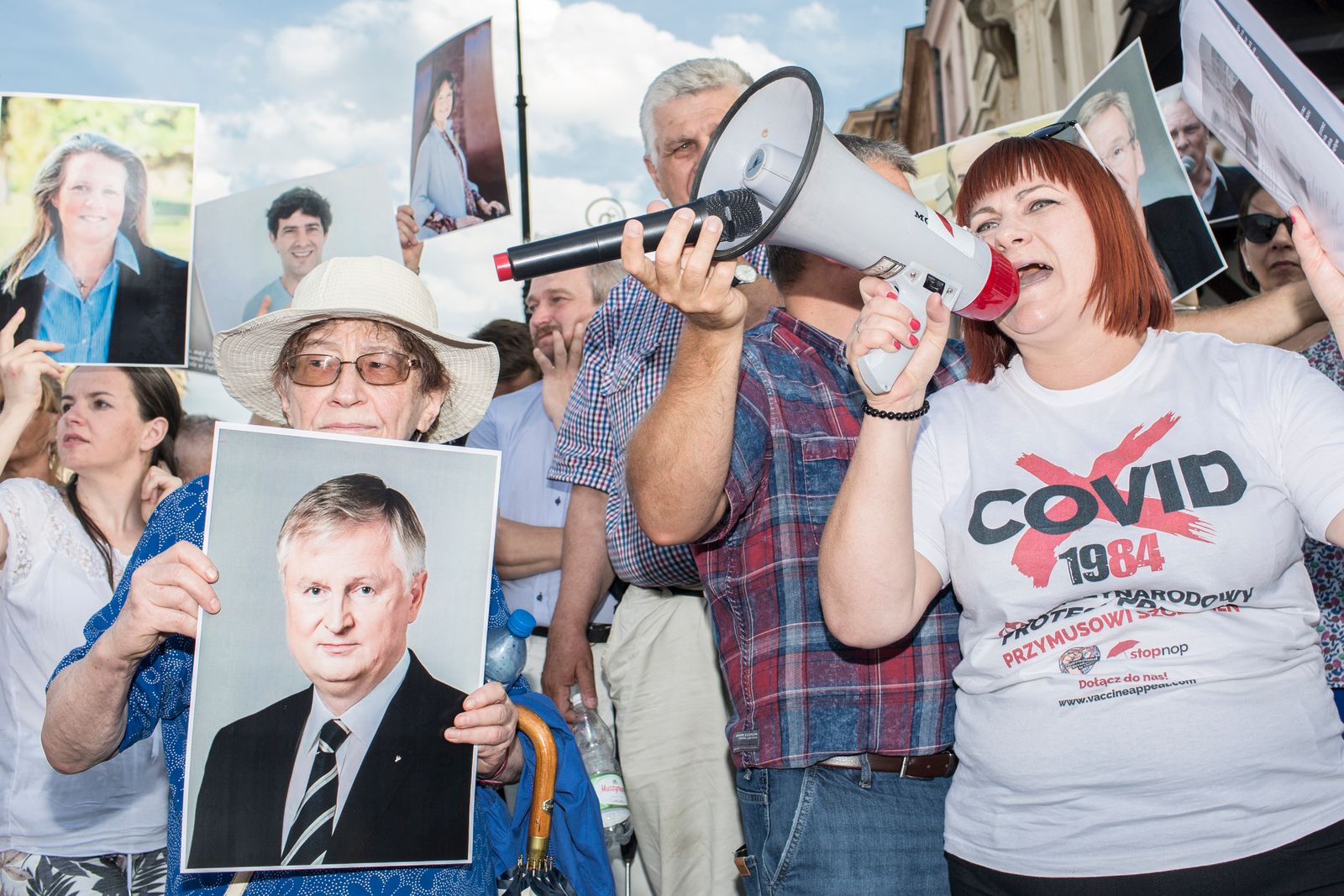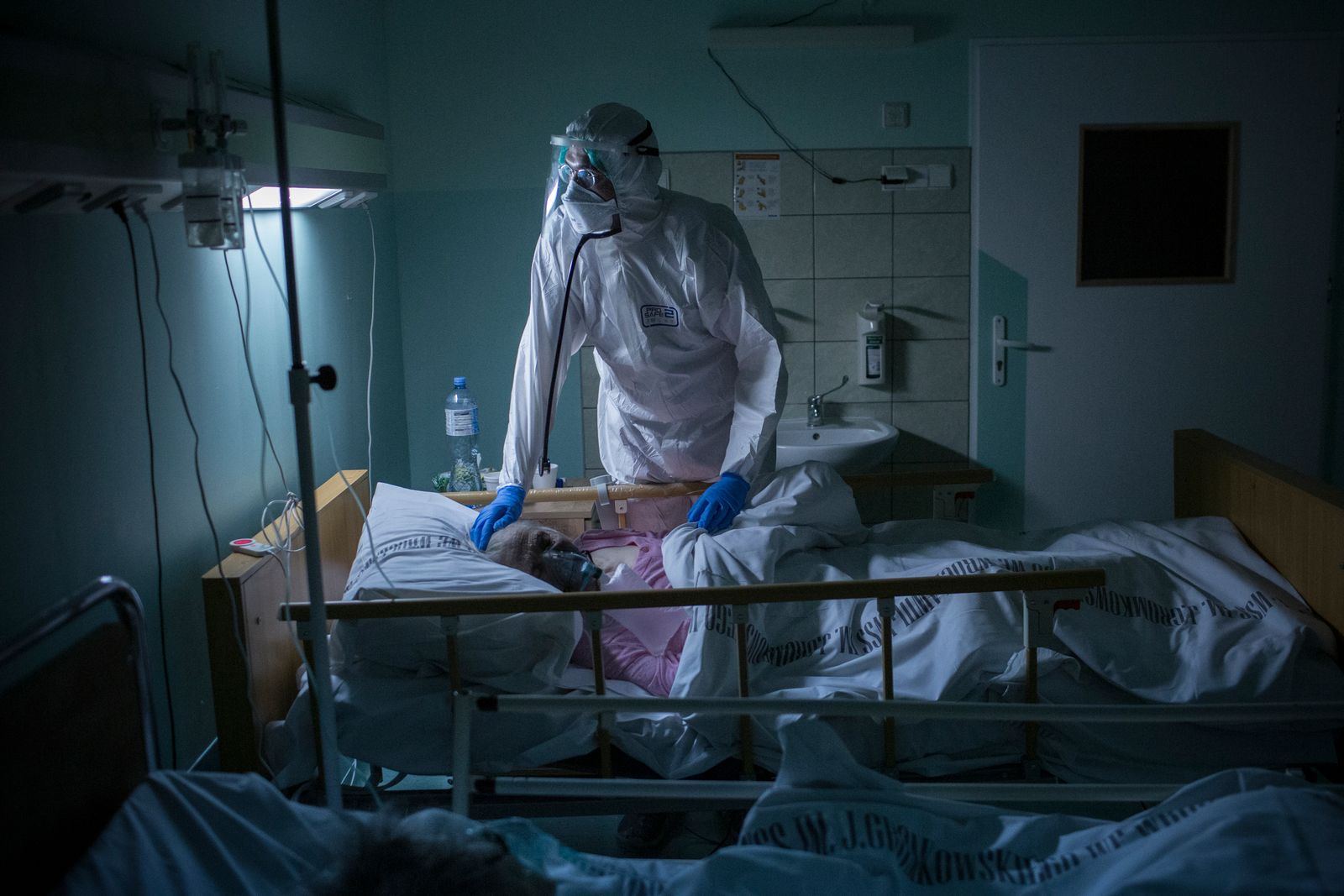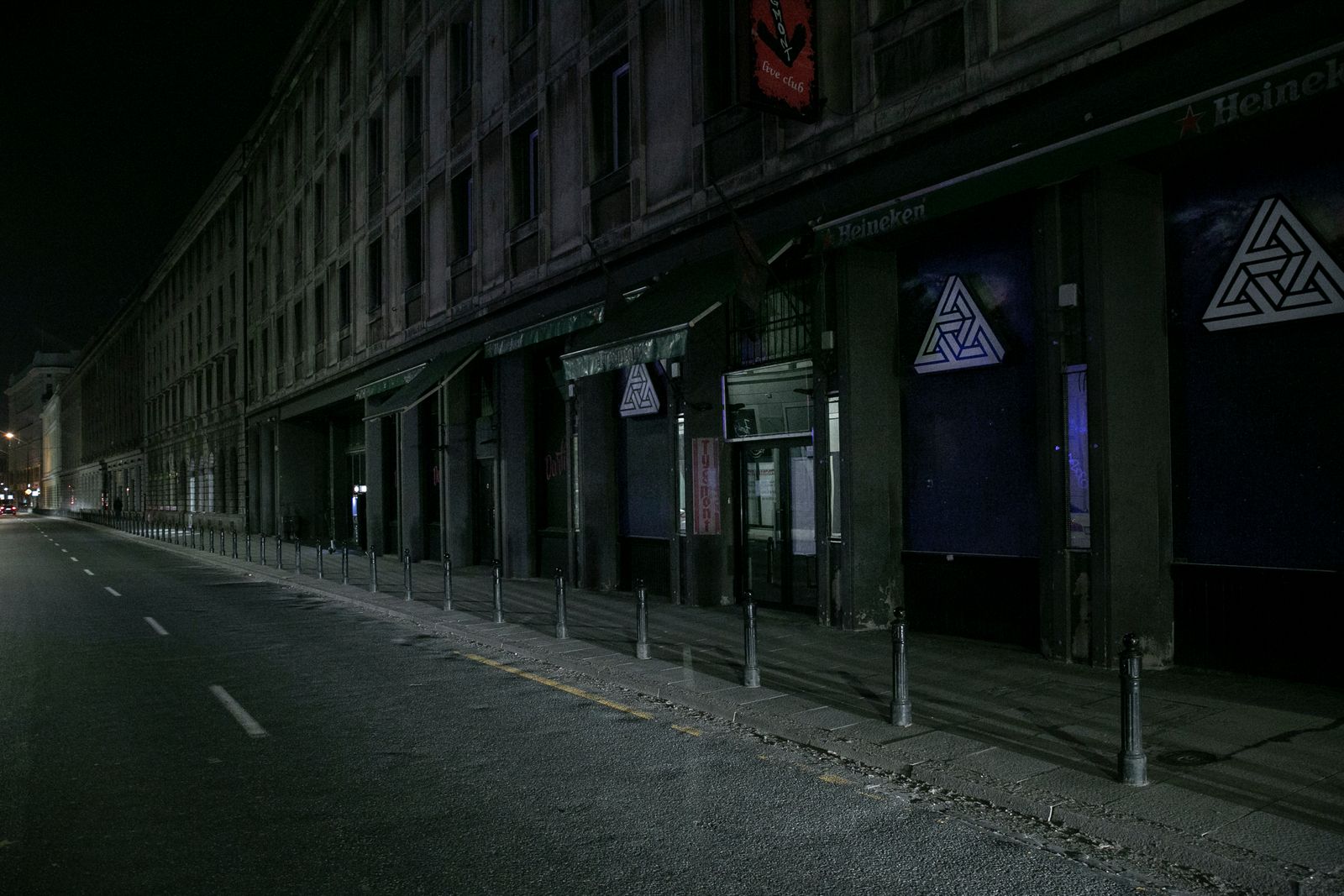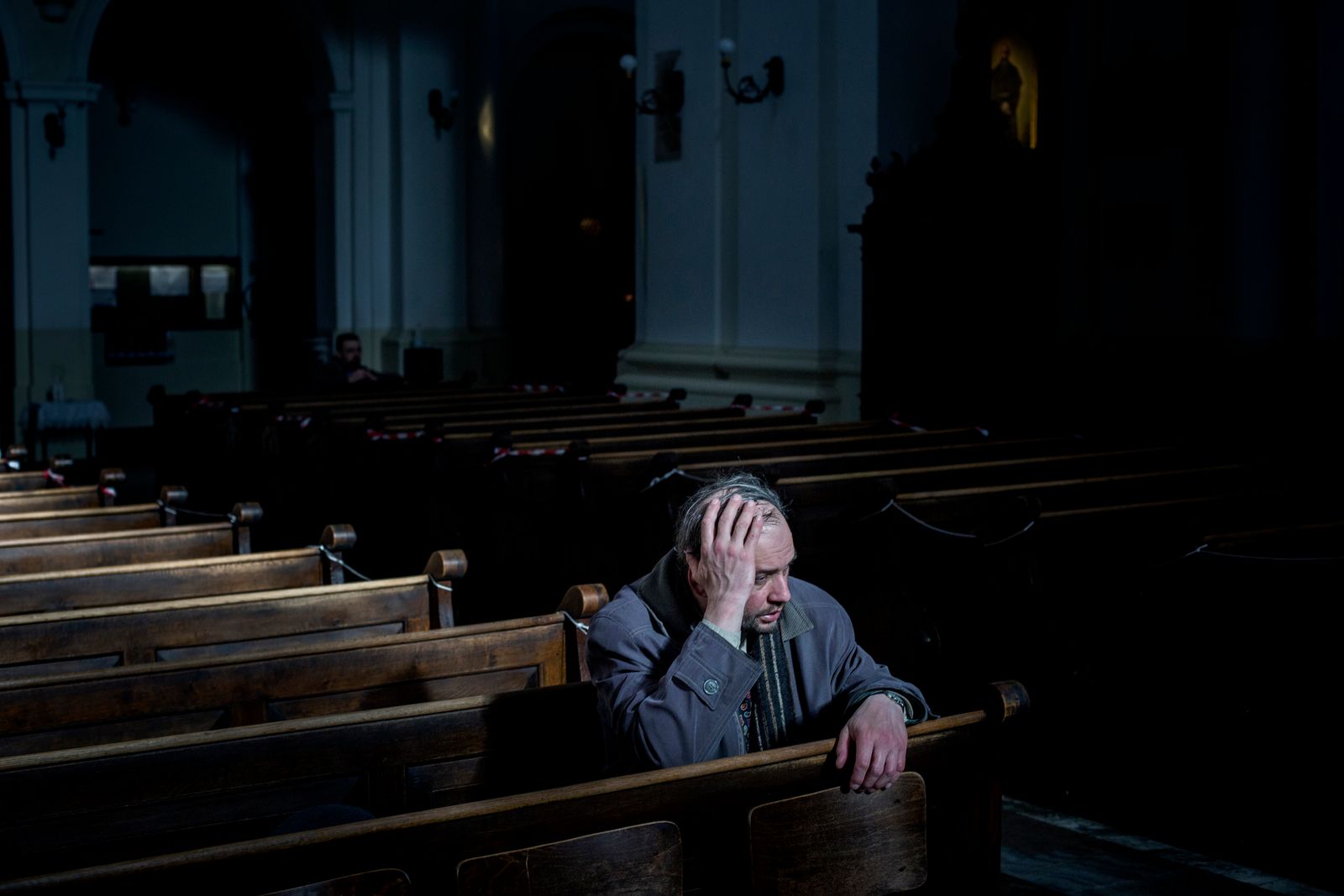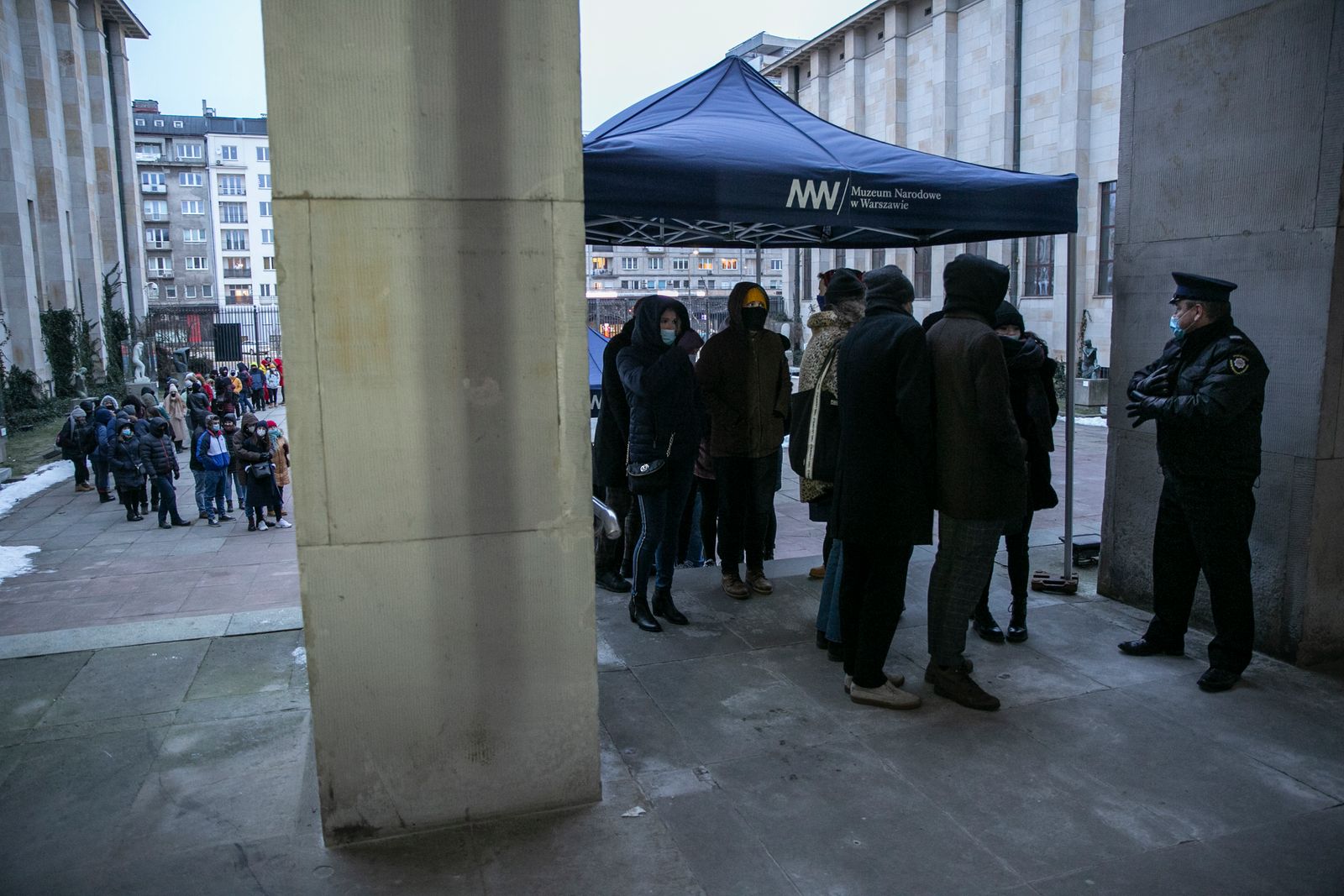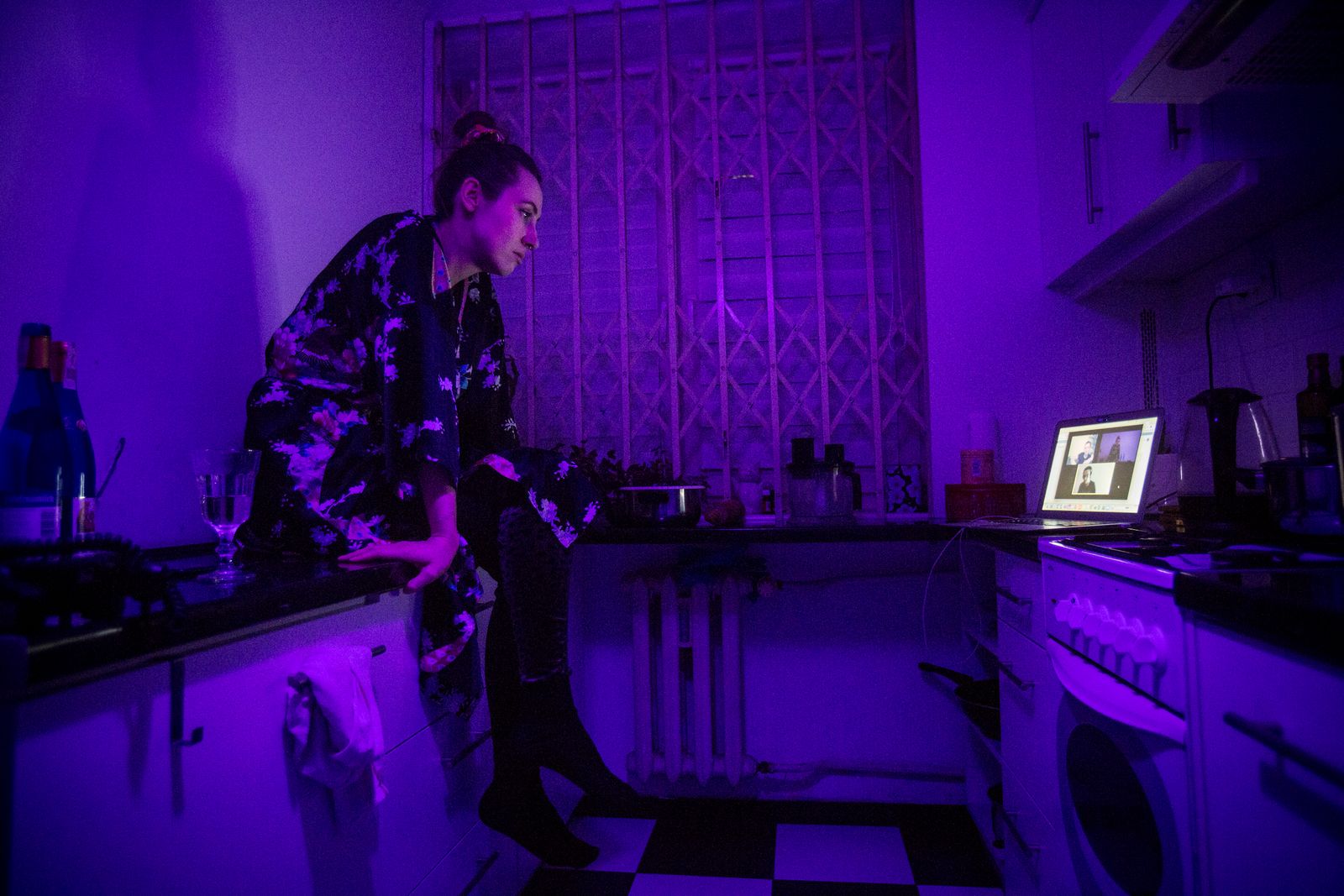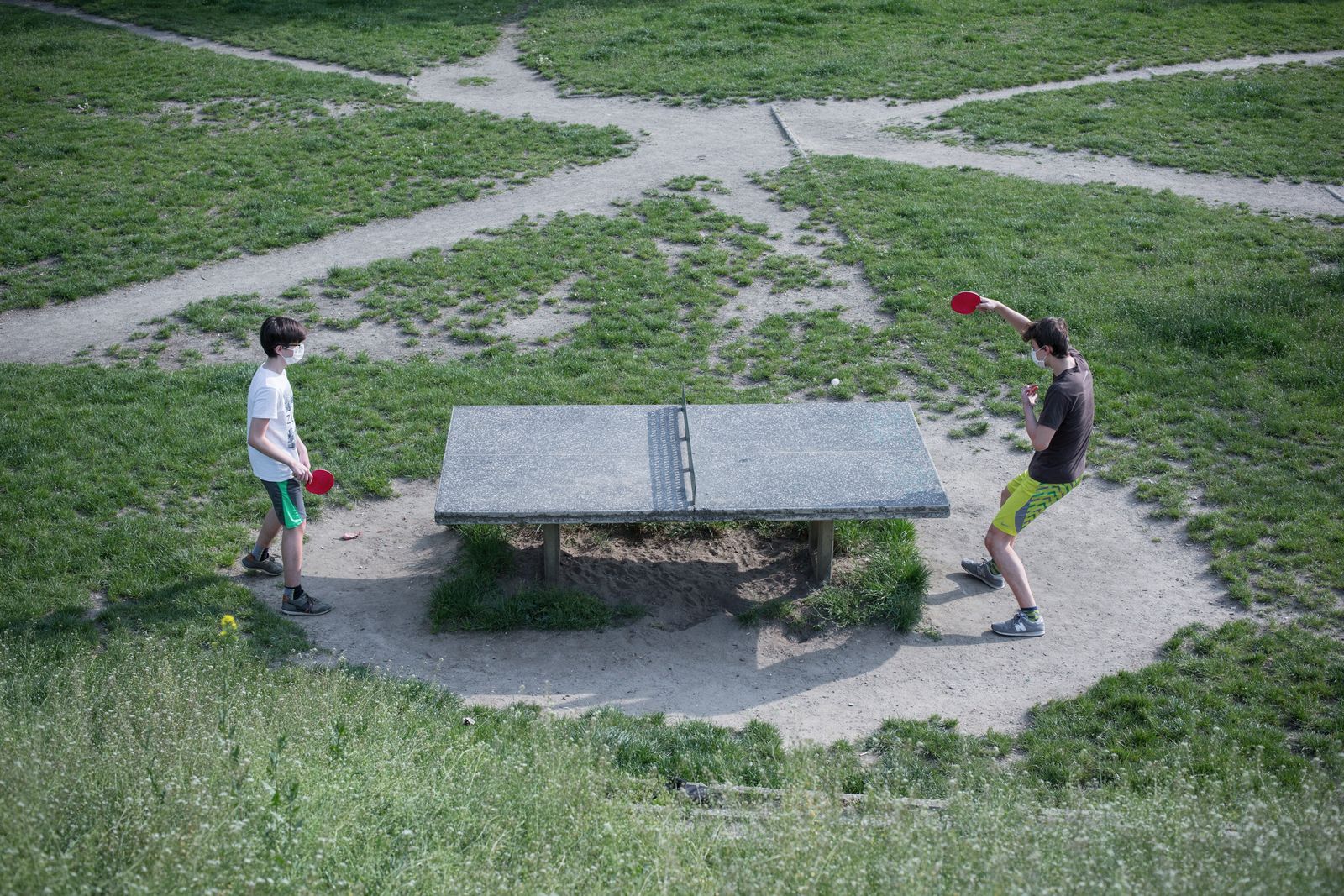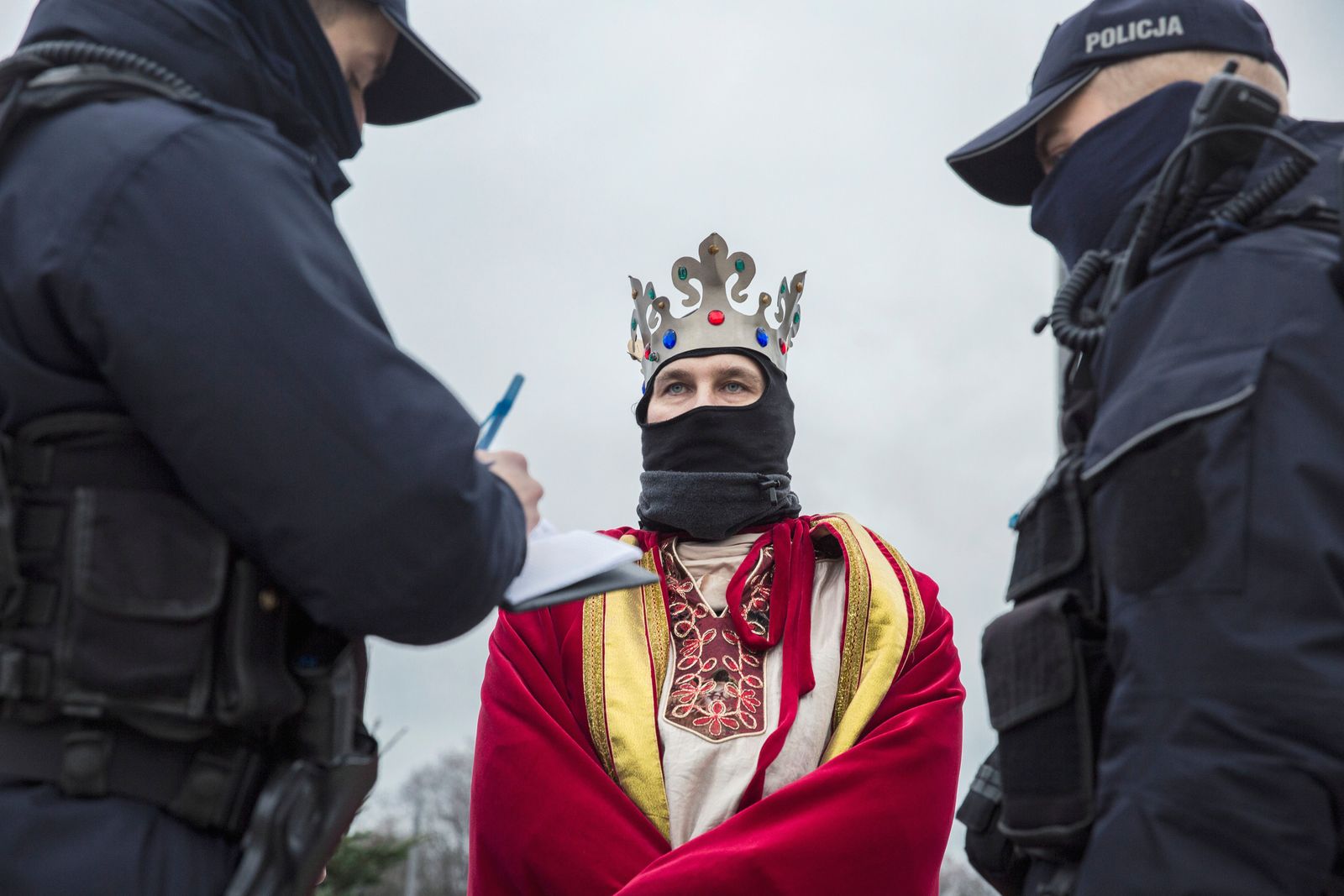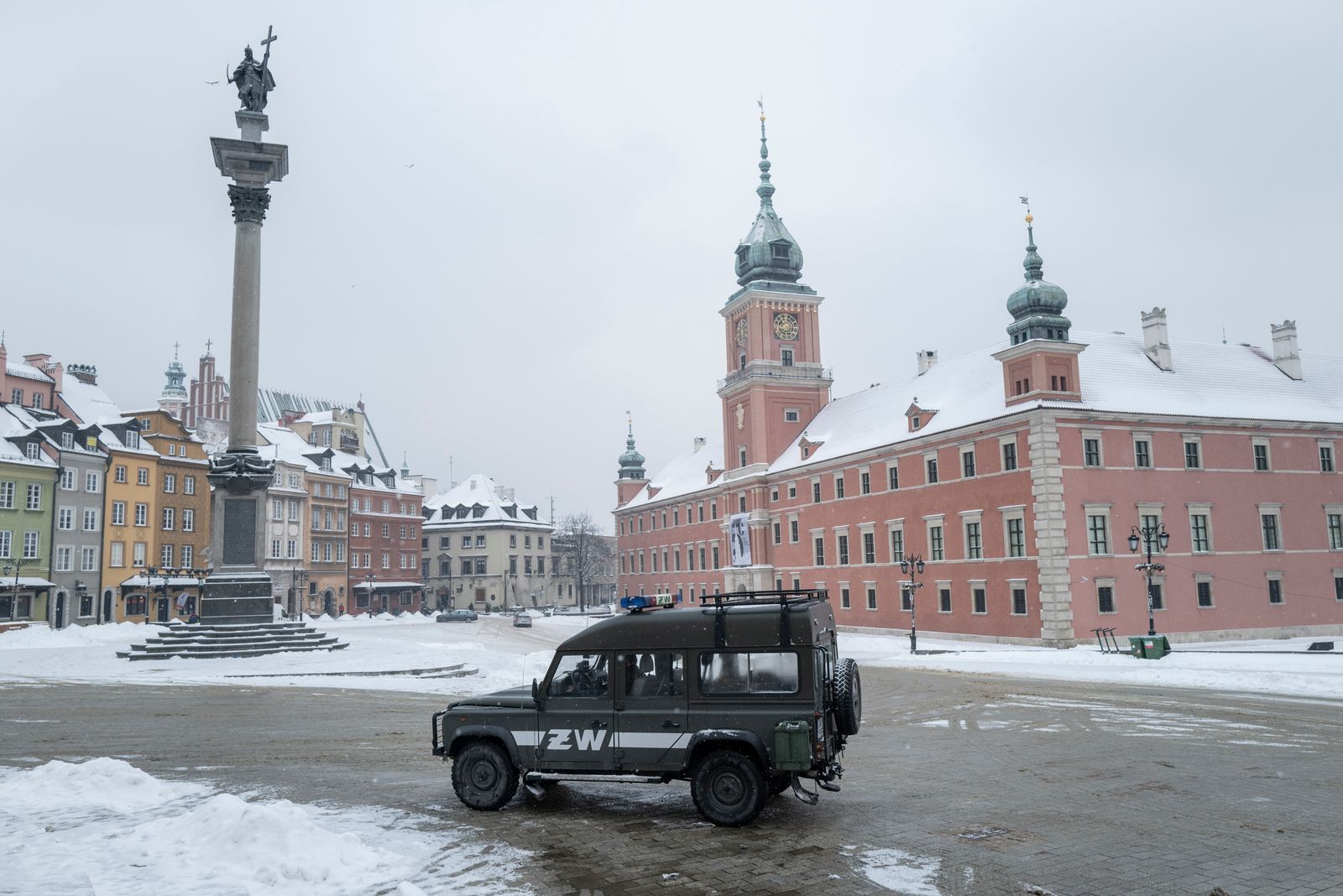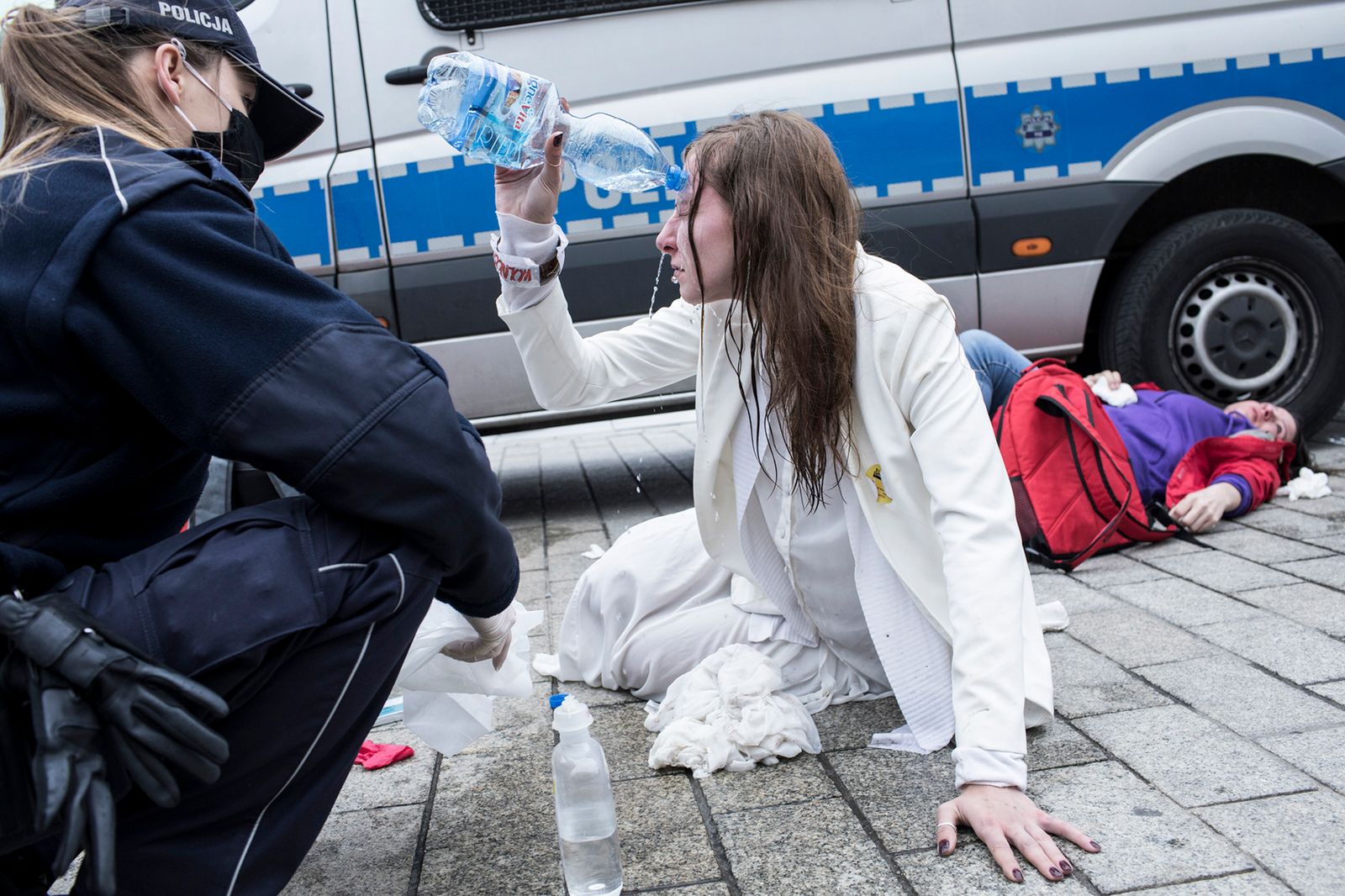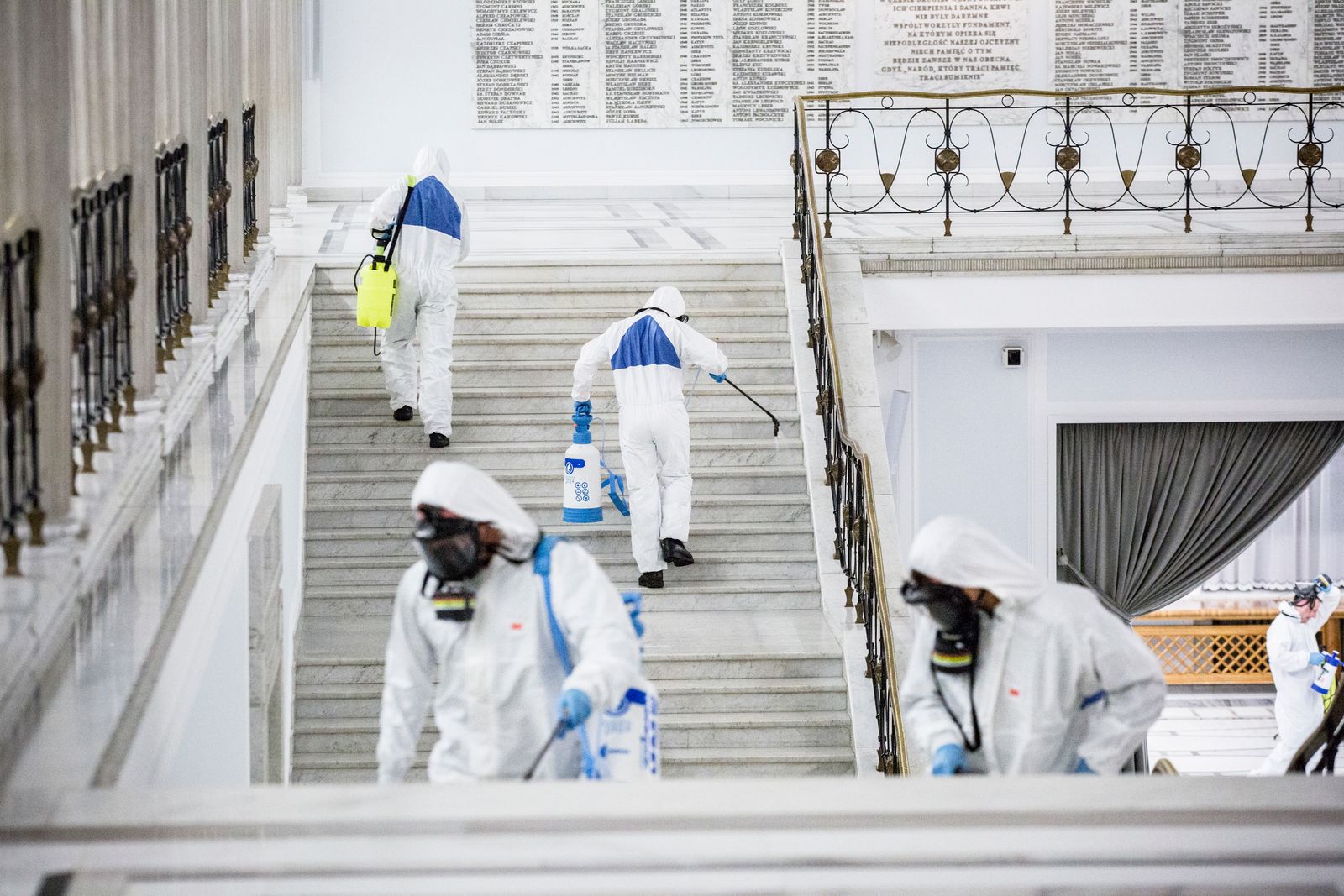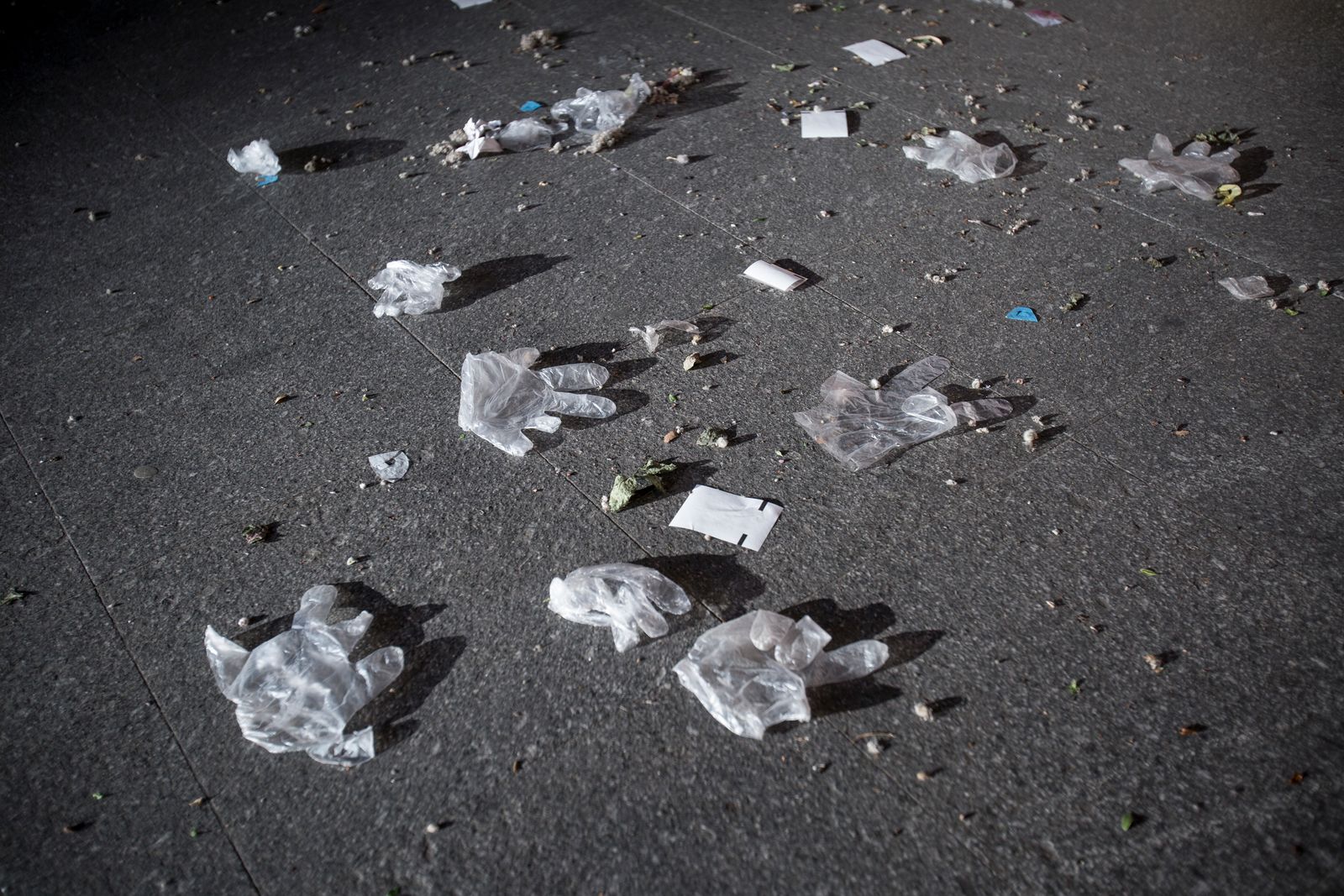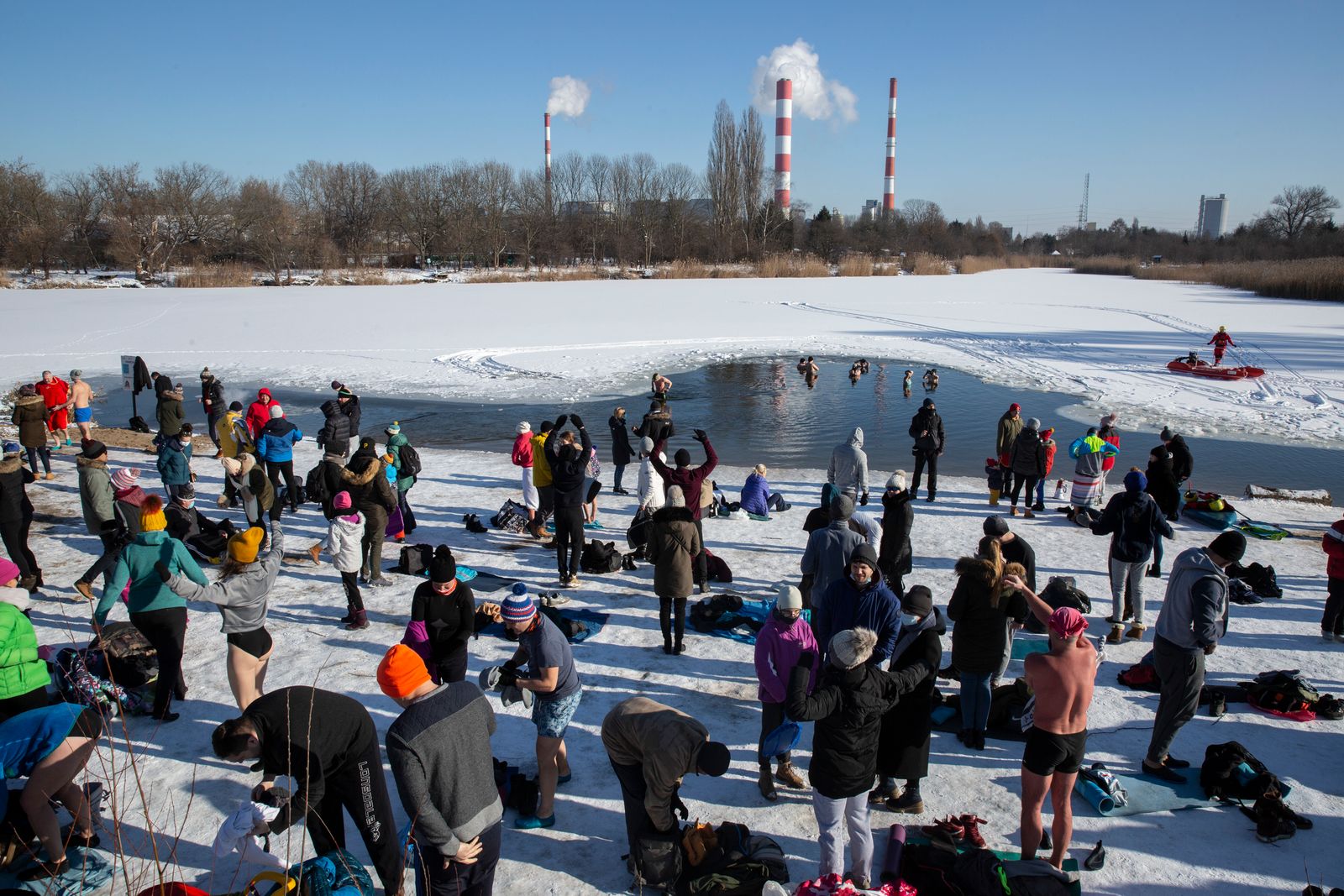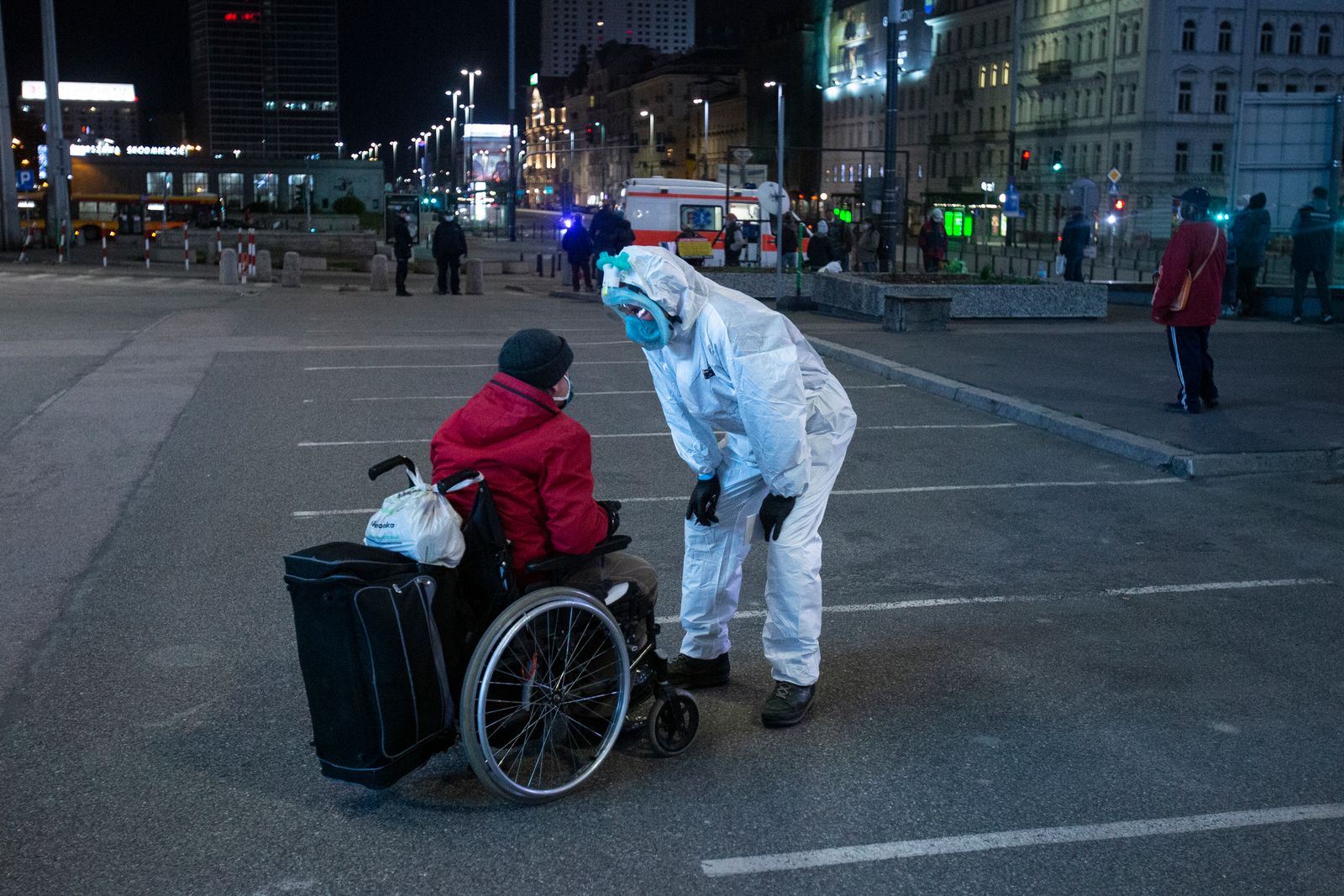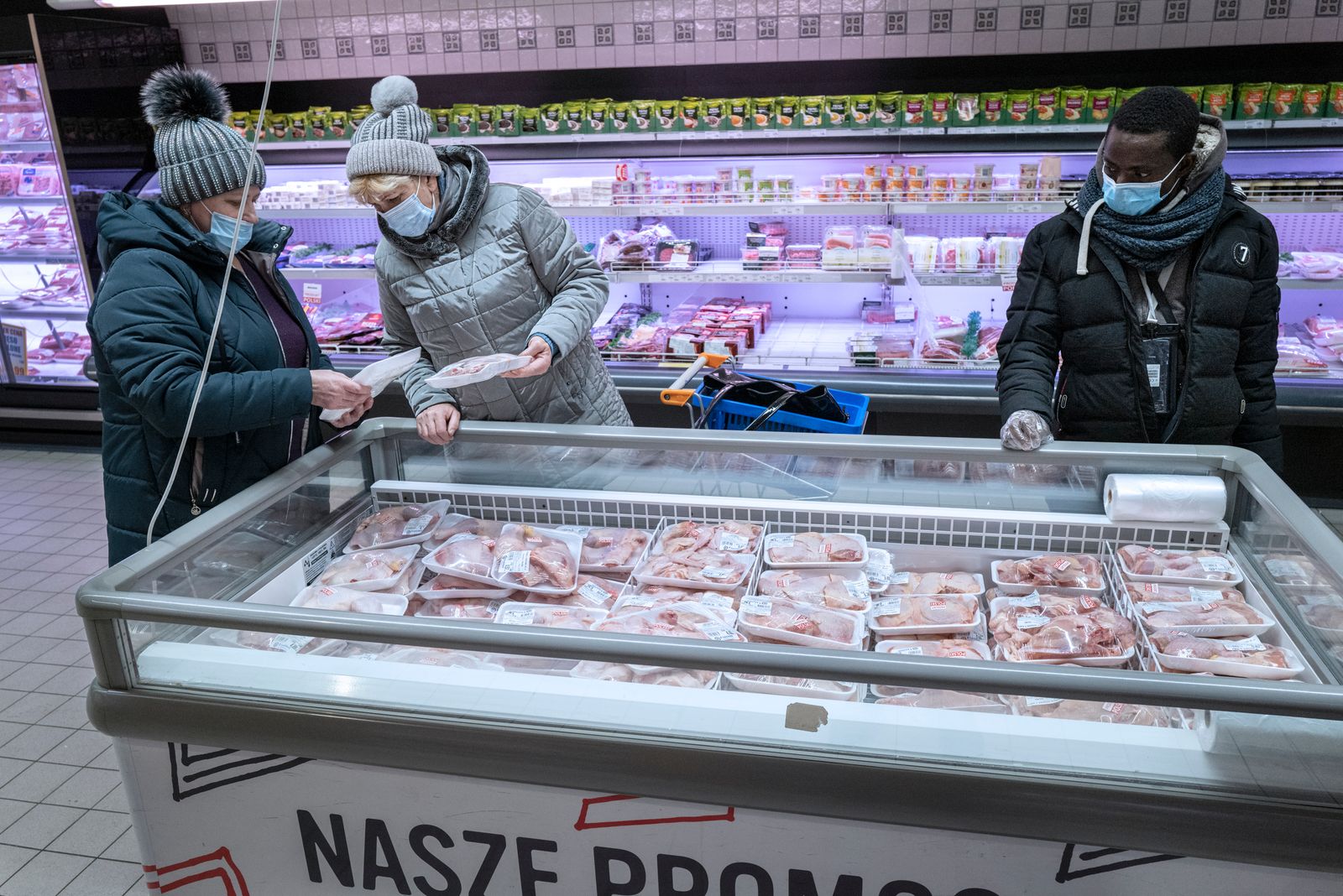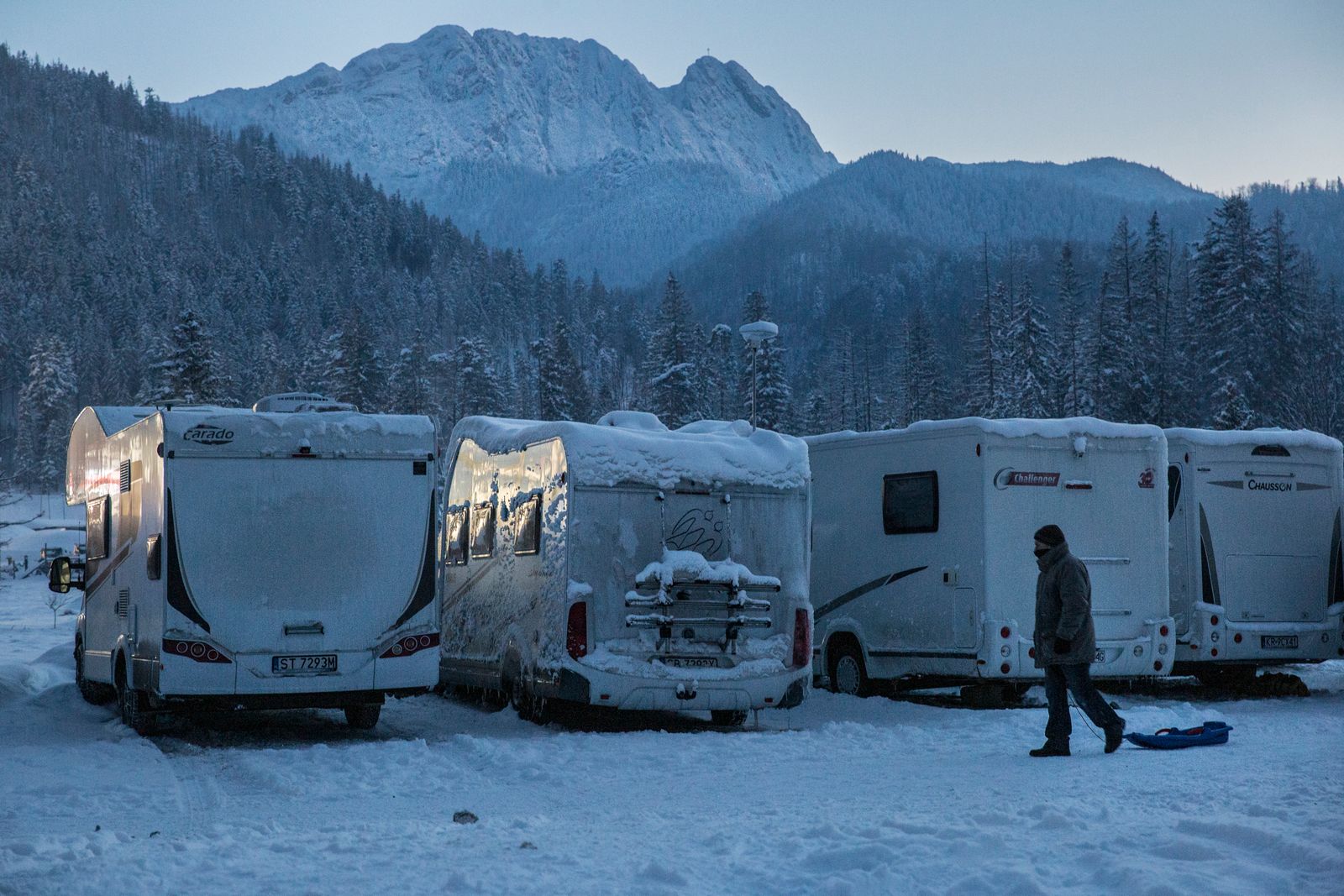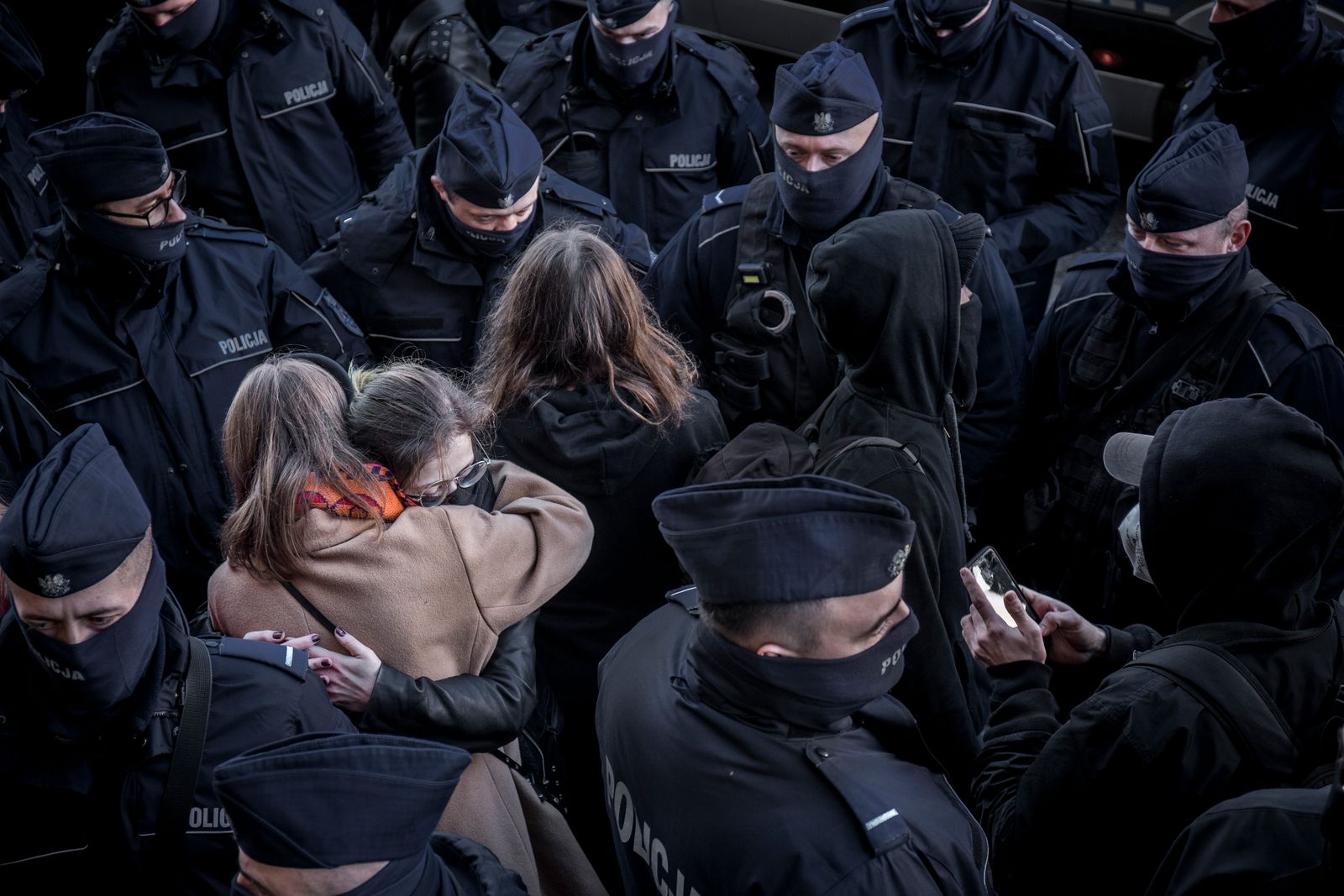Not A Black Swan
-
Dates2020 - Ongoing
-
Author
- Topics Social Issues, Contemporary Issues, Documentary
- Location Poland, Poland
A ”black swan” event is an unpredictable major event that triggers the complete collapse of the existing system. Like any major crisis, the coronavirus pandemic exposed deeper social problems...
A ”black swan” event is an unpredictable major event that triggers the complete collapse of the existing system.
In mid-March, life in Poland suddenly boiled down to the issue of how the coronavirus should be dealt with. The Polish government announced its plans of closing the borders and introducing a quarantine one morning, and dropped them later that same day. All of a sudden, our “world without borders” was gone. Once the restrictions and self-isolation at home were imposed, daily life almost came to a halt. Borders, hotels and gyms were closed. Kindergartens, schools, colleges were switched to remote mode. Queues outside shops became a common sight. The initial shock brought on a “corona-panic” – yet many community-led self-help initiatives were then started.
The lockdown slowed the epidemic but jeopardised the economy. It also sparked the first protests and lengthened the waiting lines at food banks. Restrictions were lifted a few months later (despite the surge in new Covid infections), amid easing concerns about the pandemic, put on iggy at the beginning of summer. This general feeling was reinforced by the government’s message on social distancing meant to boost voter turnout in the July presidential elections (among its supporters - senior citizens in part).
In autumn, the number of new cases and deaths rose sharply. Restrictions were reimposed to arrest the spread of the virus. Though people in Poland had adapted to living with the pandemic, many suffered the social and psychological effects of isolation. In December, people were faced with the dilemma of spending a solitary Christmas or risking a get-together with their families.
Like any major crisis, the pandemic exposed deeper social problems. Coronasceptic theories speak of the education system’s poor quality. Deficiencies of the public health service show how greatly underfunded it is, while freezing the economy has deepened social stratification and exposed the lack of systemic support for the poor.
